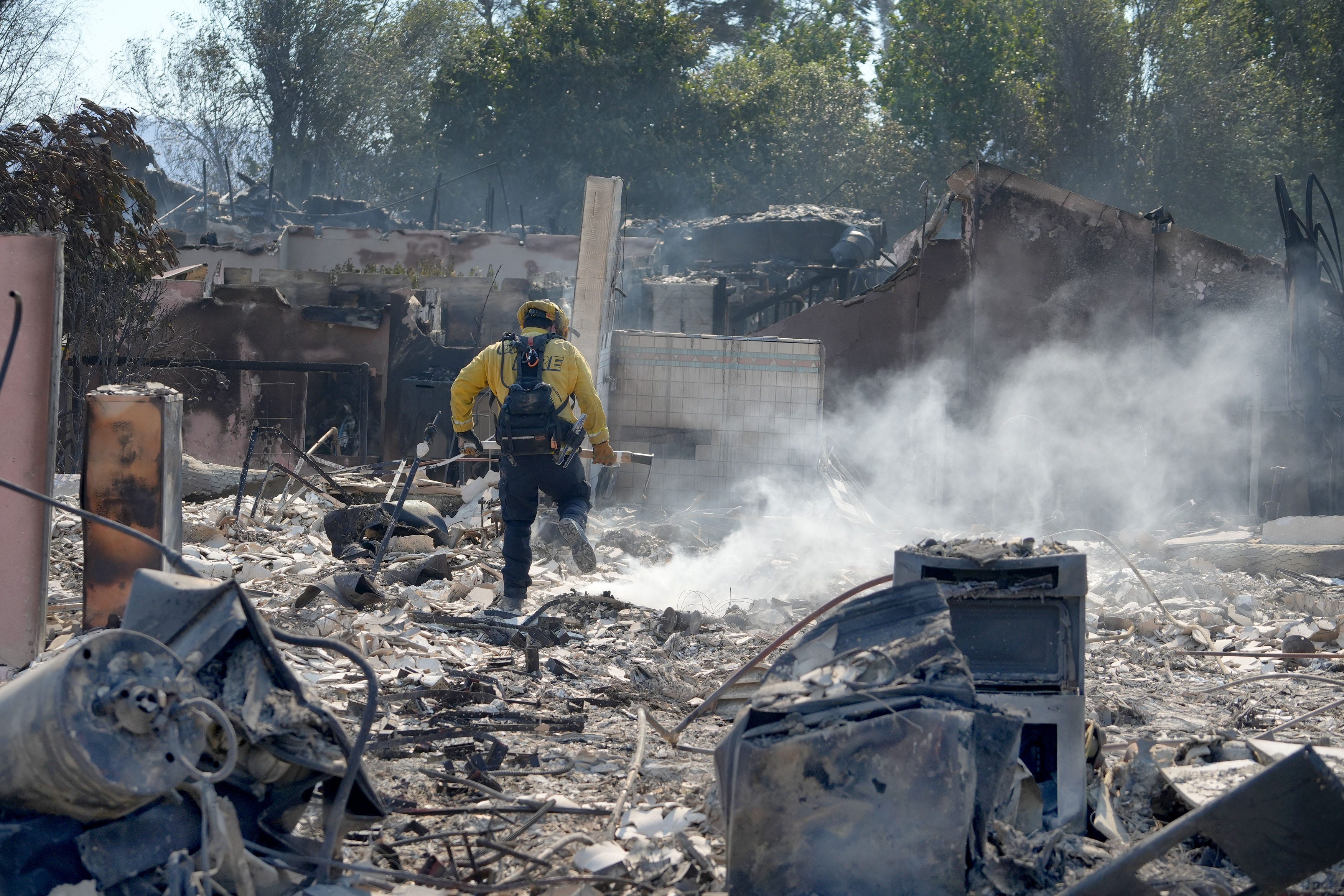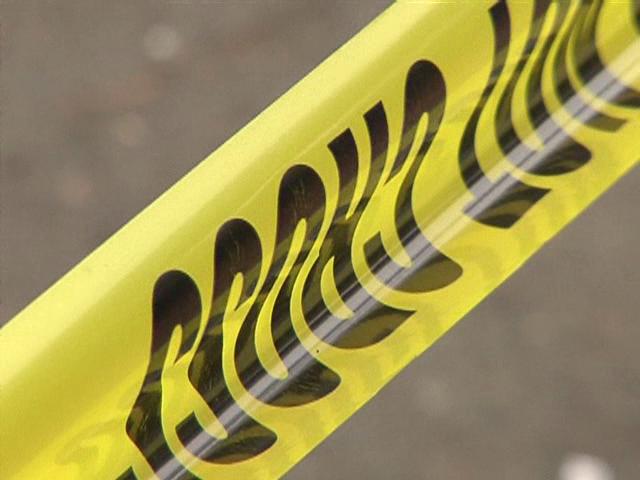The Los Angeles City Council on Friday approved a reward program intended to curb copper wire thefts and make progress in arresting suspects involved in those crimes.
In a 10-2 vote, council members moved to implement a tiered reward offer program for crimes involving the theft of city plaques, tombstones, statues, light standards and copper wire. Residents who provide information leading to the identification, apprehension and conviction of suspects responsible for such crimes can receive rewards.
De León's office said misdemeanor convictions are set at $1,000 while felony convictions are set at $5,000. The program will need approval by Mayor Karen Bass before it can be enacted.
Council members Kevin de León and Traci Park co-sponsored the motion in January, and it was seconded it by Councilman John Lee.
Get top local stories in Southern California delivered to you every morning. Sign up for NBC LA's News Headlines newsletter.
"Today marks a significant step forward in our battle against rampant copper wire theft that has been plaguing our city," de León said prior to the vote. "The approval of this award program by the Los Angeles City Council will be a clear signal that we are united in our commitment to protect our communities and hold those accountable."
De León, who represents the 14th District, which includes neighborhoods in downtown L.A. and the Sixth Street Bridge, which became a target for copper wire thieves, said the vandalism happening across the city leaves a "mark of shame on our communities and disrespects the memories and legacies of those who came before us."
Recently, thieves are starting to target fire hydrants, he added.
Local
Get Los Angeles's latest local news on crime, entertainment, weather, schools, COVID, cost of living and more. Here's your go-to source for today's LA news.
"These are not victimless crimes. They are crimes against all of us, but especially the most vulnerable in our community, and sometimes they escalate into violence," the councilman said.
He referenced the death of "General Hospital" star, Johnny Wactor, who died in May after he was fatally shot by suspects allegedly trying to steal a catalytic converter in the area of West Pico Boulevard and South Hope Street.
"The potential for such incidents to turn violent should not be understated," the councilman said.
The new reward program is part of a larger initiative that includes the establishment of a Copper Wire Task Force, a joint effort between the Los Angeles Police Department (LAPD), the Bureau of Street Lighting, and the City Attorney's Office. This task force will focus on aggressively targeting and apprehending copper thieves operating in the most affected areas, such as Downtown L.A., Boyle Heights, El Sereno and Lincoln Heights.
Councilman Hugo Soto-Martinez and Councilwoman Eunisses Hernandez voted against the proposal.
Soto-Martinez said while he understands that copper wire thefts are serious problems, but in his 13th District, which encompasses Hollywood, the issue is more about broken street lights. According to the Bureau of Street Lighting, about 25% to 30% of street lights are down because of wire copper theft and most others are not operating because of a lack of maintenance.
"We simply don't invest enough money into the department to do the regular maintenance of street lights," the councilman said. "And that's what our constituents are asking us to address."
The councilman had requested for a report to examine the "best tools" to prevent anything that has to do with street lights being out due to copper wire theft, if that, he said.
Council President Paul Krekorian said the reward program won't cost the city anything unless the reward is actually issued -- only in the case where someone has actually been convicted of one of these crimes.
"This is not just about street lights," Krekorian said. "Plumbing fixtures are stolen from our parks, resulting in entire playgrounds being destroyed from lack of irrigation. I serve on the Board of Metrolink, our regional commuter rail system, and we've had wire and metal theft from train controls that run the risk of creating train derailments or collisions."



